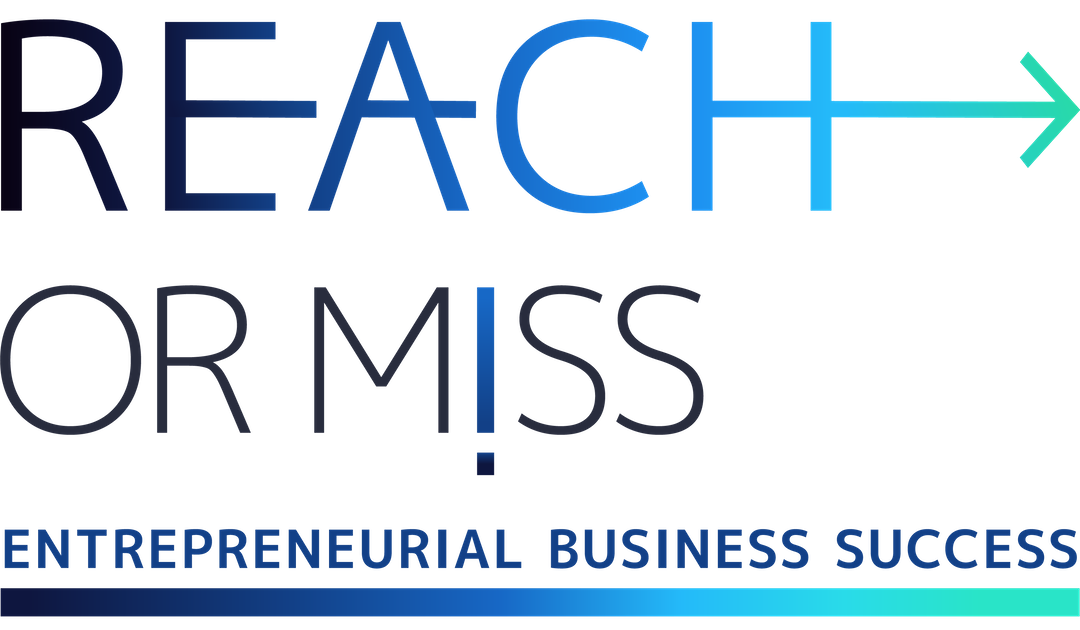Ep. 084 – Why I love this Gary Vaynerchuk’s advice to entrepreneurs so much, and six other winning advice from my podcast guests.
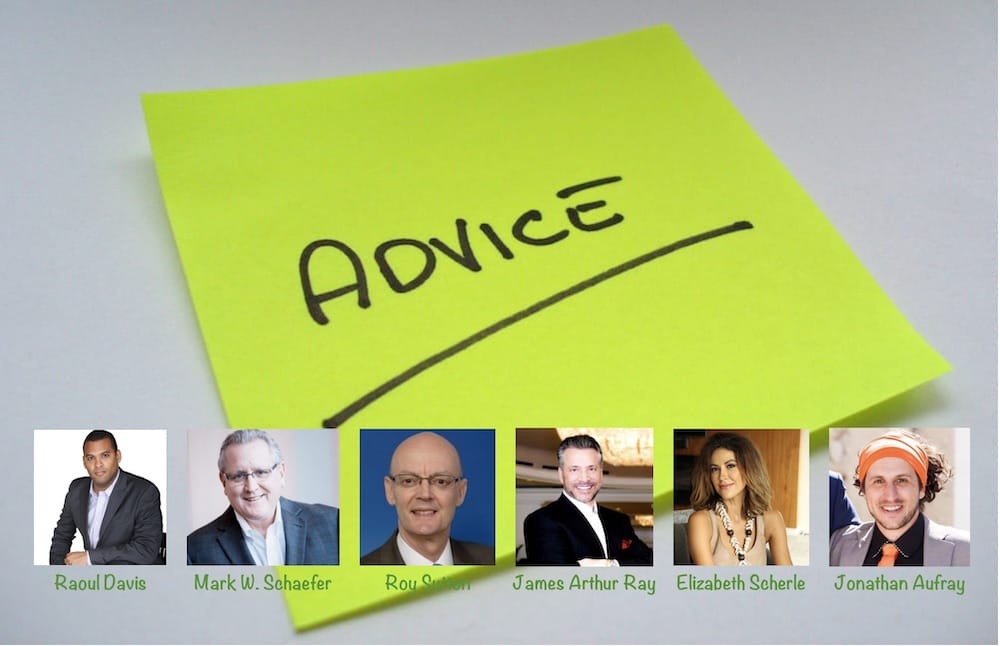
“…Being hungry and wanting to win is important. But all that ambition should be equally balanced with patience… and patience is hard.”
I just couldn’t stop watching this DailyVee 061 short video advice:
Gary Vaynerchuk’s advice DailyVee 061
Being more patient means playing the long game. It means being customer focused, not to mention listening and reacting to markets’ needs and changes. It’s a chaotic world, the journey is hectic, and many entrepreneurs just jump on any new opportunity or challenge.
One of the first questions I ask my guests on the Reach or Miss podcast is ‘what would be their best advice to entrepreneurs regarding customers’ focus, marketing, and sales?”
In this episode, I collected five of the best tips from my guests, market leaders, and successful entrepreneurs.
Raoul Davis
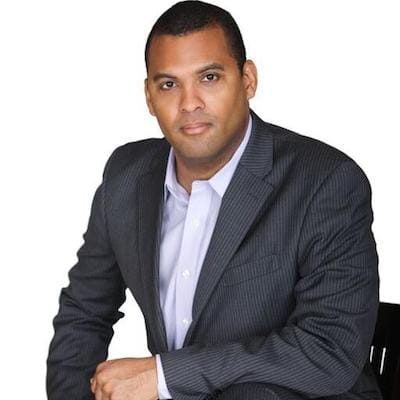
Raoul Davis is CEO of Ascendant Group Branding, which helps CEOs, retired athletes, and executive leaders increase their top line revenue.
Ascendant’s integrated model includes brand strategy, public relations, book deals, social media, and brand design. Davis has been invited to small business forums at the White House and is considered to be an expert on CEO and executive branding.
Raoul’s career
- My journey started back in my college studies, where I was involved in all the parties on campus until a friend of mine told me I have to run for the vice president election of the campus activity board. Then I decided to develop some leadership skills.
- Then I learned my first lesson about branding. I thought the fact I did a good job is enough to get me elected to a position in the student government. And I lost badly. The next year I made sure everyone saw what I did, and I won. That’s the value of branding.
- It’s great to be good at what you are doing; it’s even better to be seen. That’s the lesson that I learned.
- Then I got an internship and started booking speakers to universities across the country and became the best seller of the organization. So, by the time I was about to finish grad school, two of the clients approached me and said ‘we would love to be your first clients; why don’t you open your own business?’ And that’s how I started.
- I founded my company in 2004, and I started up managing speakers. While working with them, we realized that their brand was what most affected how often they spoke. So, we got into personal branding, focused on PR, and in time, we started to work with more CEOs and built our model around CEO branding because no one was doing it at the time.
Raoul’s best advice about approaching customers
- My best advice would be the importance of achieving clarity. You need to be clear about what you are offering and why should people care about it.
- Any entrepreneur should find a story that will differentiate them from their competitors.
The next piece of advice I’ve chosen to share with you is from Mark Schaefer. Mark Schafer is one of the two leading marketing influencers today, and this is, by far, the top piece of advice given by my guests.
Mark W. Schaefer
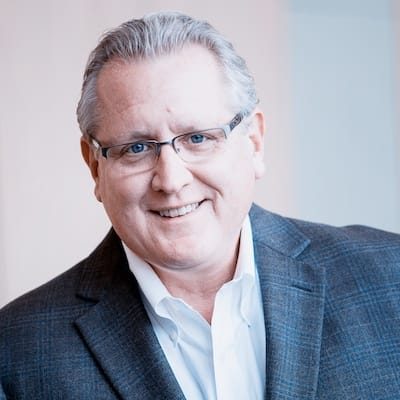
Mark W. Schaefer is a globally recognized author, speaker, podcaster, and business consultant who blogs at {grow} — one of the top five marketing blogs in the world.
He teaches graduate marketing classes at Rutgers University and has written six best-selling books, including The Tao of Twitter (the best-selling book on Twitter in the world) and The Content Code, named by INC. magazine as one of the top five marketing books of the year, and his new book, KNOWN: The handbook for building and unleashing your personal brand in the digital age.
Mark also wrote the classic first book on influence marketing, Return On Influence. His many global clients include Pfizer, Cisco, Dell, Adidas, and the US Air Force.
He has been a keynote speaker at prestigious events all over the world, including SXSW, Marketing Summit Tokyo, and the Institute for International and European Affairs. He has appeared as a guest on media channels such as CNN, The Wall Street Journal, The New York Times, and CBS News.
Mark’s best advice about approaching customers
- I asked a young marketer that wanted my advice whether he talked with the company’s customers, or joined their sales people? He was already six months in that position and had never talked with a single customer!
- You should talk with your customers and ask them:
- What do you love about your business?
- What do you hate about your business?
- What keeps you awake at night?
- How can we serve you better?
It seems like Roy Sutton cracked the new code of successful online business. As a former C level executive and a CEO of a big telecommunication company, he made the switch to the online space, and started building information sites, helping people to solve specific problems.
For his best advice to entrepreneurs, Roy focused on the business perspective:
“Money is the way we keep score.” Roy said. “Work is providing a service to other people in exchange for money”.
Roy Sutton
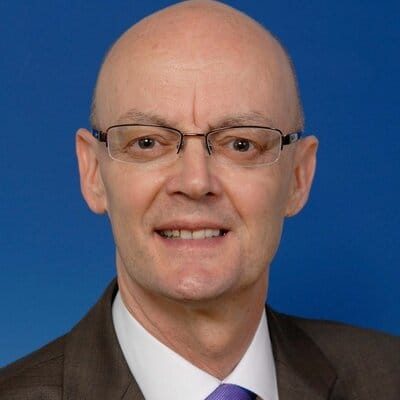
Roy Sutton is an experienced C-Level executive, board director, and former CEO with a broad knowledge base and understanding of business, as well as telecommunications and digital media.
Based in London, Roy is currently a business consultant, blogger, public speaker and entrepreneur using his skills and experience to help people make the most of their lives.
His objectives are achieved by creating digital products designed to offer people solutions to the many common problems they face.
Roy holds an MBA Degree in International Business from Cass Business School, London, and the Certified Diploma in Accounting and Finance from the Association of Chartered Certified Accountants (ACCA). He also holds a BEng Degree in Electronic Engineering from the University of Liverpool and a BA Degree in Spanish & Latin American Studies from the University of London. Roy is a Fellow of the Chartered Management Institute. He is also a Chartered Engineer and a Fellow of the Institution of Engineering and Technology, London.
Roy’s best advice about approaching customers
- We are all little companies in our own right; we’re all trying to serve other people, because money is the way we keep score. Work is providing a service to other people in exchange for money.
- It starts with trying to see the world through the eyes of the customers. Putting yourself in their shoes, trying to understand their pain points, and how your products will alleviate those pain points.
- The key is your product must solve problems for customers. If you’re trying to sell to me, as an individual, for example; I’m always much more impressed if you thought about my needs and you can explain to me how your product might help me alleviate or eliminate a problem, reduce a pain point, or remove a headache. I believe all of those things are important. I think in terms of approaching customers to make sales, the key is to catch a buying intent. One of the most inefficient means of selling is cold calling. Whereas, if you can capture buying intent, you’re more likely to get a receptive customer that will give you a better chance to make a sale.
It all starts with the customer; what the customer needs, what the customer wants. And the customer doesn’t always know what they want. There’s an old saying: You can’t forecast the number of people that will walk across a bridge by counting the number that swam across the river.
People that wouldn’t have dreamed of swimming across the river will think ‘Hang on! I can walk across that bridge!’
It always starts with the customer.
James Arthur Ray has a unique experience and story; He looked at things from the opposite perspective of Roy Sutton. “Forget about money,” James says, “a business is in business to provide service and value. When we provide service and value, the money comes as a byproduct.”
His second piece of advice is what I believe to be the most important base for entrepreneurial success: “Know specifically who your customer is.”
James Arthur Ray

James Arthur Ray is considered one of the world’s foremost leadership and performance advisers, coaches and consultants.
James’s company has been on the INC.500 List as one of the fastest growing businesses in the industry.
He has taught over 1 million individuals in 145 countries over the course of 20 years. Then in 2009, in what began as sweat lodge-like ceremony outside of Sedona, Arizona, 3 of the 53 participants lost their lives from complications. The incident was deemed an accident and James was found to be negligent.
He spent the past 4 years creating and refining a new set of teachings that we have listed above. Each of his talks has a detailed curriculum that audiences both learn from and enjoy. He emphasizes gaining personal clarity, recognizing each person’s unique gift, and better understanding about how to avoid avoidable mistakes.
James’ best advice about approaching customers
- I have a two-pronged answer for that question.
- The first prong: Forget about money. Easier said than done, I’m not saying money is not important; of course it is. One of my mentors taught me, ‘No margin; no mission.’ Put your focus on providing value, because most of us have been conditioned to believe that a business is in business to make money. That’s wrong. A business is in business to provide service and value. When we provide service and value, the money comes as a byproduct.
- The second prong: Know specifically who your customer is, presupposing that you know what your unique customer avatar is. Who is your market, who are you going after, who is your customer, and then how do they want to be served? Often we tend to come to any kind of relationship from our perspective and we attempt to serve them the way we want to be served vs. joining their perspective and serving them the way they want to be served.
Elizabeth Scherle

Elizabeth Scherle is the Co-Founder and President of Influenster, the product discovery and reviews platform that enables socially-savvy consumers to find new products and get advice to make informed purchases.
With a community of over 4 million members, these digital influencers have written over 18 million reviews on over 2 million products, spreading the word all over their social media networks.
Originally from Henderson, IA, Elizabeth received her B.A. in Marketing from the W.P. Carey School of Business at Arizona State University.
Elizabeth’s best advice about approaching the customer
- I think of my clients as the brands and the biggest thing that we did that helped us succeed by far was our “give – get” approach. We targeted the right brands and we started to approach the consumers (our members) for free, without asking anything from the brands, and then we came to them with the results and discuss it with them. And that worked.
- My other piece of advice is just listen. We put a lot of attention to listen to our clients and to our members and that creates opportunities for growth.
The last advice in today’s episode is from Jonathan Aufray. Jonathan, who has lived in 7 countries and speaks 4 languages, is teaching entrepreneurs around the world that the important word in ‘Growth-Hacking’ is Growth!
Jonathan Aufray

Jonathan Aufray is the co-founder and CEO of Growth Hackers and Growth Academia that help startups, SMBs, and entrepreneurs grow through inbound marketing and growth hacking. He has lived and worked in 7 countries, speaks 4 languages, and has done business with companies from 70+ countries. Jonathan loves discovering new cultures and meeting new people.
Jonathan’s best advice about approaching the customers
- It depends on what stage the entrepreneurs are, but you need to talk to your customers. Talk with the happy customers, take testimonials etc. but also talk with the unhappy customers.
- I read that 96% of unhappy customers won’t tell you why they weren’t happy with your product. You might make assumptions about your product, but your customers are the ones that use and pay for it, and if someone was interested in your product but they stopped using it, you need to know why.
I hope you enjoyed today’s episode.
Next week, we will have a new, exciting guest. Until then, I suggest going to the podcast website, www.reachormiss.com and checking out the free guides and online courses. You might find something that will help you reach the next breakthrough to entrepreneurial success.
And until next week, take care!
